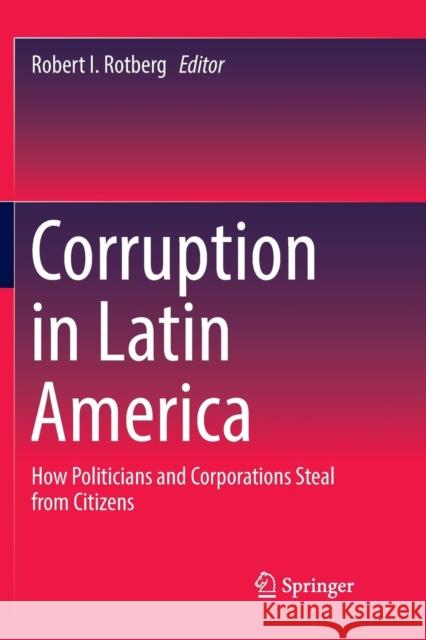Corruption in Latin America: How Politicians and Corporations Steal from Citizens » książka
topmenu
Corruption in Latin America: How Politicians and Corporations Steal from Citizens
ISBN-13: 9783030067861 / Angielski / Miękka / 2019 / 320 str.
Kategorie BISAC:
Wydawca:
Springer
Język:
Angielski
ISBN-13:
9783030067861
Rok wydania:
2019
Wydanie:
Softcover Repri
Ilość stron:
320
Waga:
0.47 kg
Wymiary:
23.39 x 15.6 x 1.78
Oprawa:
Miękka
Wolumenów:
01
Dodatkowe informacje:
Wydanie ilustrowane











